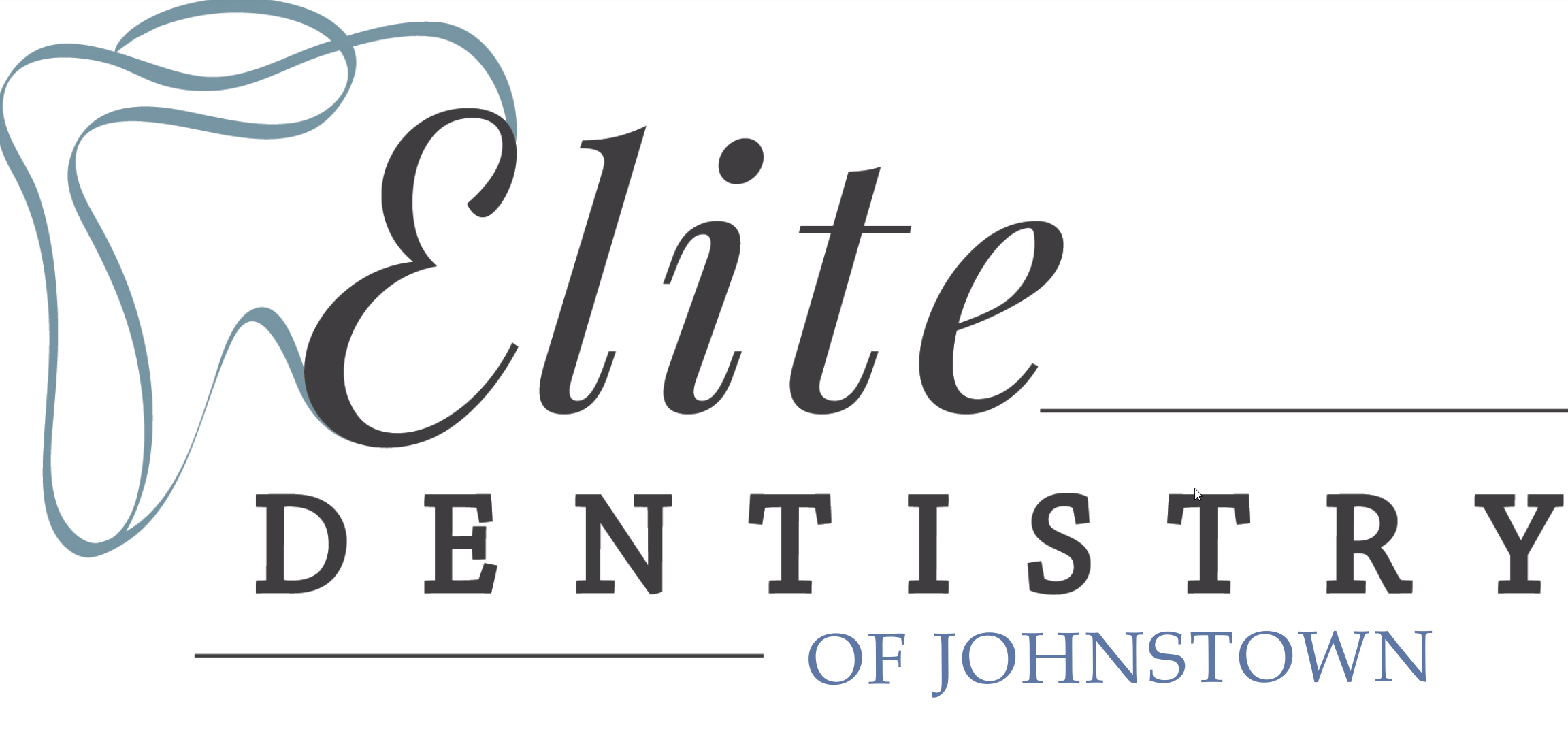FAQ
Frequently Asked Questions
Q: What should I use to clean my baby’s teeth?
A: A toothbrush will remove plaque bacteria that can lead to decay. Any soft-bristled toothbrush with a small head, preferably one designed specifically for infants, should be used at least once a day at bedtime.
Q: When should I take my child to the dentist for the first check-up?
A: In order to prevent dental problems, your child should see a dentist when the first tooth appears, or no later than his/her first birthday.
Q: Are baby teeth really that important to my child?
A: Primary, or “baby,” teeth are important for many reasons. Not only do they help children speak clearly and chew naturally, but they also aid in forming a path that permanent teeth can follow when they are ready to erupt.
Q: What should I do if my child has a toothache?
A: First, rinse the irritated area with warm salt water and place a cold compress on the face if it is swollen. Give the child acetaminophen for any pain, rather than placing aspirin on the teeth or gums. Finally, see a dentist as soon as possible.
Q: Are thumbsucking and pacifier habits harmful for a child’s teeth?
A: Thumb and pacifier sucking habits will generally only become a problem if they go on for a very long period of time. Most children stop these habits on their own, but if they are still sucking their thumbs or fingers past the age of three, a mouth appliance may be recommended.
Q: How can I prevent decay caused by nursing?
A: Avoid nursing children to sleep or putting anything other than water in their bed-time bottle. Also, learn the proper way to brush and floss your child’s teeth. Take your child to the dentist regularly to have his/her teeth and gums checked. The first dental visit should be scheduled by your child’s first birthday.
Q: Toothpaste: when should we begin using it and how much should we use?
A: The sooner the better! Starting at birth, clean your child’s gums with a soft infant toothbrush or cloth and water. As soon as the teeth begin to appear, start brushing twice daily using fluoridated toothpaste and a soft, age-appropriate sized toothbrush. Use a “smear” of toothpaste to brush the teeth of a child less than 2 years of age. For the 2-5 year old, dispense a “pea-size” amount of toothpaste and perform or assist your child’s toothbrushing. Remember that young children do not have the ability to brush their teeth effectively. Children should spit out and not swallow excess toothpaste after brushing.
Q: How often does my child need to see the dentist?
A: A check-up every six months is recommended in order prevent cavities and other dental problems.
Q: How do I make my child’s diet safe for his teeth?
A: Make sure your child has a balanced diet, including one serving each of: fruits and vegetables, breads and cereals, milk and dairy products, and meat fish and eggs. Limiting the servings of sugars and starches will also aid in protecting your child’s teeth from decay. You can also ask us to help you select foods that protect your children’s teeth.
Q: How do dental sealants work?
A: Sealants work by filling in the crevasses on the chewing surfaces of the teeth. This shuts out food particles that could get caught in the teeth, causing cavities. The application is fast and comfortable and can effectively protect teeth for many years.
Q: What can I do to protect my child’s teeth during sporting events?
A: Soft plastic mouthguards can be used to protect a child’s teeth, lips, cheeks and gums from sport-related injuries. A custom-fitted mouthguard developed by us will protect your child from injuries to the teeth, face and even provide protection from severe injuries to the head.
Q: What should I do if my child falls and knocks out a permanent tooth?
A: The most important thing to do is to remain calm. Then find the tooth. Hold it by the crown rather than the root and try to reinsert it in the socket. If that is not possible, put the tooth in a glass of milk and take your child and the glass immediately to the dentist.
Q: How safe are dental X-rays?
A: There is very little risk in dental X-rays. We are especially careful to limit the amount of radiation to which children are exposed. Lead aprons and digital imaging is used to ensure safety and minimize the amount of radiation.
Q: How can parents help prevent tooth decay?
A: Parents should take their children to the dentist regularly, beginning with the eruption of the first tooth. Then, the dentist can recommend a specific program of brushing, flossing, and other treatments for parents to supervise and teach to their children. These home treatments, when added to regular dental visits and a balanced diet, will help give your child a lifetime of healthy habits.
We want you to enjoy a healthy and pain-free mouth, so don’t hesitate to give us a call and schedule an appointment. Reach out to our office by calling 814-535-5244 at your earliest convenience!
